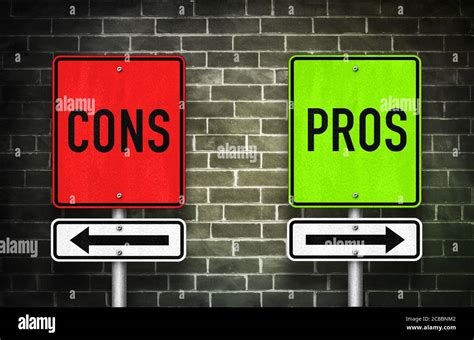The Pros and Cons of Anonymity in Cryptocurrency Withdrawals
The world of cryptocurrency has come a long way since its inception. With the rise of decentralized exchanges (DEX), peer-to-peer (P2P) marketplaces, and online wallets, users have more options than ever to buy, sell, and cash out their digital assets. One feature that has gained considerable attention in recent years is anonymity in cryptocurrency withdrawals. In this article, we will look at the pros and cons of anonymity in cryptocurrency withdrawals, helping you understand when it is beneficial and when it is not.
What is anonymity in cryptocurrency withdrawals?
Anonymity in cryptocurrency withdrawals refers to the ability to make transactions without revealing your true identity. This can be achieved through a variety of methods, including using pseudonymous wallets, Tor browsers, and cryptocurrencies with anonymity-enhancing features like Monero (XMR) or Dash (DASH).
Benefits of Anonymity in Cryptocurrency Withdrawals:
- Financial Freedom: Anonymity provides users with a level of financial freedom, allowing them to transact without fear of retaliation.
- Enhanced Security: Anonymous transactions may be less attractive to malicious actors who may target users for financial gain through pressure tactics such as intimidation or identity theft.
- Reduced Risk: By not revealing their identity, individuals can minimize the risk of being targeted by hackers or other malicious entities.
- Access to Unregulated Services: Anonymity allows users to access services that operate outside of traditional regulatory frameworks, providing an alternative to more established and regulated markets.
Disadvantages of Anonymity in Cryptocurrency Withdrawals:
- Regulatory Challenges: Many governments have implemented regulations to prevent money laundering and terrorist financing, which can make it difficult to accept anonymous transactions.
- Risk of Legal Prosecution: If a user’s identity is revealed, they can face serious consequences, including loss of access to their account or even legal prosecution.
- Increased Vulnerability to Scams: Anonymous transactions can make it easier for scammers to target users without being identified, increasing vulnerability to financial loss and identity theft.
- Difficulty Tracking Transactions: The anonymity of cryptocurrency withdrawals makes it difficult for law enforcement to track transactions and identify the source or recipient.
Best Practices for Anonymity When Withdrawing Cryptocurrencies:
While anonymity can provide many benefits, it is essential to approach this feature with caution. To minimize risks:
- Use Strong Security Measures

: Implement strong security measures to protect your wallet, such as two-factor authentication and encryption.
- Research Services Carefully: Research any service or marketplace before using it to ensure that it operates within the regulatory framework.
- Understand Fees and Terms: Clearly understand the fees and terms associated with anonymous transactions, including any potential risks or consequences.
Bottom Line:
Anonymity in cryptocurrency withdrawals is a complex issue with both pros and cons. While it offers users financial freedom and increased security, it also poses regulatory challenges, increases the risk of fraud, makes it easier for scammers to target users, and can be difficult to track transactions. By understanding the pros and cons of anonymity in cryptocurrency withdrawals and using best practices to minimize risk, individuals can make informed decisions about their online financial activities.
References:
- “Anonymity in Cryptocurrency Transactions” by the Securities and Exchange Commission
- “Regulating Anonymity in Cryptocurrency Withdrawals” by the Financial Action Task Force (FATF)
- “The Dark Side of Anonymity in Cryptocurrency Markets” by Coindesk